Iranians of all backgrounds have together built Iran, regardless of their personal opinions, religion, or ethnicity. In a series of reports, IranWire looks at prominent personalities from Iran’s ethnic and religious minorities who made major contributions to the country’s progress. If you know of such figures and their services to Iran, you can share it with us by emailing [email protected].
Hasan Muvaqqar Balyuzi was born on September 7, 1908, in Shiraz. He was raised in Bushehr where his father Mirza Ali Agha, titled Muvaqqar al-Dowleh by the king, was the governor of the city and other Iranian Persian Gulf ports. During the First World War, British forces occupied Bushehr and exiled Mirza Ali Agha and his family to India.
Muvaqqar al-Dowleh and his family lived in Bombay for six months and then moved to Poona. Hasan was 16 years old at the time.
Hasan’s education continued uninterrupted in India. He was tutored in Persian, Arabic, geography and arithmetic and went to Bishops College of the Roman Catholic Diocese of Poona to study English. He was also tutored in Urdu.
When the First World War ended, the British allowed his father to return to Iran; but they were afraid that he might provoke Bushehr’s populace against them, and as a result sent him to Tehran. The family arrived in Tehran after four years in Poona. Muvaqqar al-Dowleh was appointed Minister of the Interior. In 1921, after two years in Tehran, Hasan’s father, the al-Dowleh, passed away. The remaining members of the family moved to Shiraz.
After the death of Muvaqqar al-Dowleh, his brother, Hasan’s uncle, became the guardian of the family. Hasan’s uncle believed in his nephew’s talent and wanted him to attend higher education – but there were no institutes of higher education in Shiraz. In 1925, he asked the prominent Cambridge orientalist Edward G. Browne if he could arrange for him to study in England. Browne agreed. But Browne passed away before Balyuzi made it to England. When he turned 17, therefore, Hasan was sent to Beirut to continue his education. For seven years, from 1925 to 1932, he studied at the American University of Beirut. After one year at the university’s preparatory school, he entered the university itself and graduated with a degree in chemistry. He then received a Master of Arts in diplomatic History.
In Beirut, Balyuzi was also active in sports and theater. There were also many other Baha’i students at the university and he was elected director of Baha’i Students’ Society.
In September 1932, Hasan Balyuzi went to London where he continued studying diplomatic history at the London School of Economics. He earned a Master of Science in 1935. He then entered the PhD program; but the outbreak of the Second World War, in 1939, left his dissertation on relations between France and Germany after the First World War unfinished. His university education had come to an end.
The Launch of BBC Persian
BBC Persian started broadcasting in 1940 and Hasan Balyuzi was its first editor and presenter. The station, which began with four fifteen-minute broadcasts each week, from Sunday to Wednesday, was first created in response to propaganda that Berlin Radio broadcast in Persian. After three months, the broadcasts were increased to five and then seven times a week. Mojtaba Minovi was BBC Persian’s second presenter who joined the BBC at Balyuzi’s invitation.
Balyuzi worked for BBC Persian for 18 years. During these years he developed warm and cordial relations with Iranian writers and literary figures such as Masoud Farzad, Ahmad Golchin Ma’ani, Lotfali Suratgar, Mohammad Hejazi, Mojtaba Minovi and Hossein Hejazi.
Hasan Balyuzi left BBC Persian in 1958 – although for some years after he continued to host occasional special programs. According to his colleague Mary "Molly" Brown, who later became his wife, Balyuzi’s shows consisted of talks about British writers, translations of English poetry into Persian, comments on current affairs in Iran and across the world and short plays that he wrote and in which he acted.
Balyuzi and Mary Brown married in June 1941 and they had five sons together. Before their marriage, Mary was a ballerina with Sadler’s Wells ballet company, which in 1958 was renamed the Royal Ballet after receiving a royal charter. Mary Brown later played parts in plays written by her husband.
A Landmark Visit to Iran
In 1956, BBC Persian sent Balyuzi to Iran to meet and interview Iranians who had been corresponding with the BBC. Balyuzi duly returned, after an absence of many years, for a visit that lasted three months. He also visited his birthplace of Shiraz and his family after the death of his mother. The visit was destined to be his last to the land of his birth.
Pahlavi University in Shiraz invited him, during his visit, to deliver a comprehensive lecture on the wealth of Persian language and a comparison of Persian and English literature. Balyuzi contrasted works by William Shakespeare, for instance, with those of the 13th-century Iranian poet and prose writer Saadi. Balyuzi also visited Isfahan and Tehran.
Balyuzi spent most of his retirement years serving and active within the British Baha’i community. He was a member of the National Spiritual Assembly of the British Baha’i community, an elected administrative body, and as a well-known Baha’i scholar and educator he visited various countries in Europe, Africa and South America to give talks to gatherings of Baha’is and non-Baha’is.
Complications with Balyuzi’s right shoulder required surgery in 1962 and, from 1963, he was increasingly confined at home because of various ailment. But this did not end his activities; instead, he spent the rest of his life writing. Works that he produced in English during this time include Muhammad and the Course of Islam, three books on each of the “central figures” of the Baha’i Faith, the Bab, Baha’u’llah and ‘Abdu’l-Baha, and Edward Granville Browne and the Baha’i Faith. He also wrote works in Persian including Words in English Derived from Persian, Half Brothers and The Story of Three Sisters.
Hasan Muvaqqar Balyuzi died at dawn on February 12, 1980 from a heart attack in his sleep. He was buried at London’s New Southgate Cemetery.
Before his death he had left instructions that an Afnan Library Trust for Baha’i Faith research be established and he contributed his own library of materials to the project. The library, located in Sandy near Cambridge, United Kingdom, opened in 2015 with over 10,000 items on diverse topics and has since received further donations of materials.
visit the accountability section
In this section of Iran Wire, you can contact the officials and launch your campaign for various problems




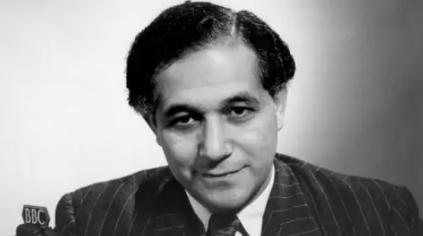


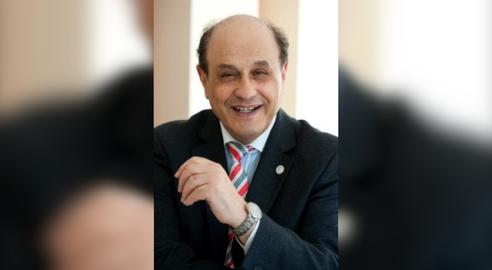

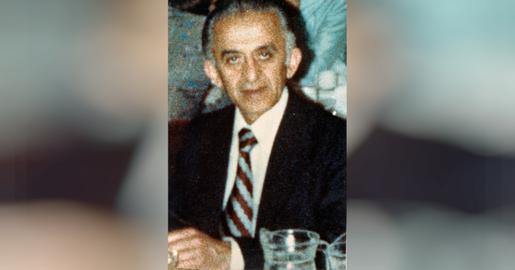
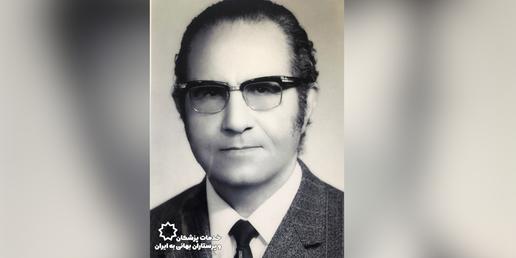
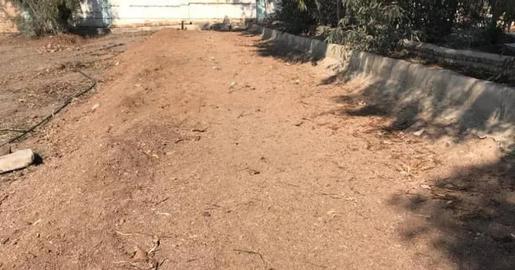
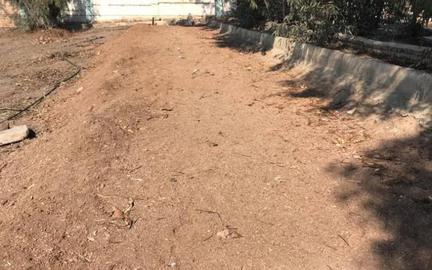

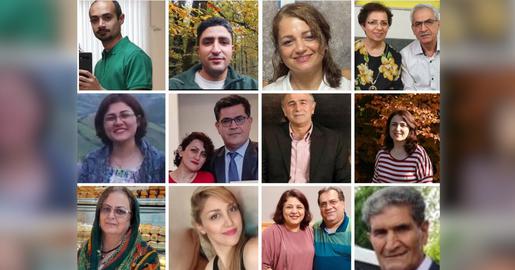
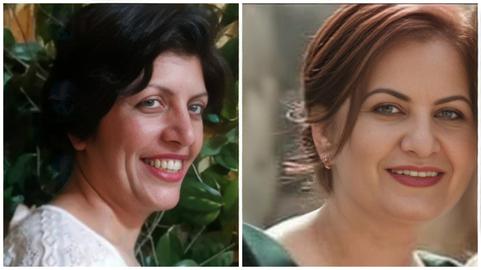
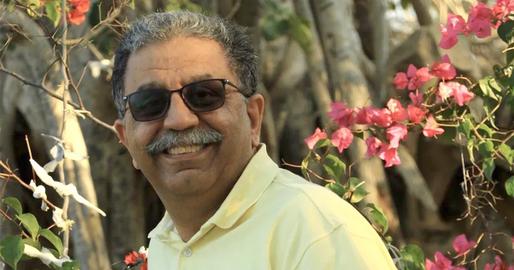



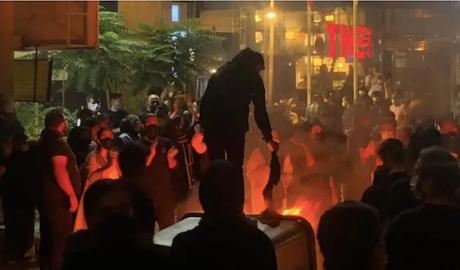
comments